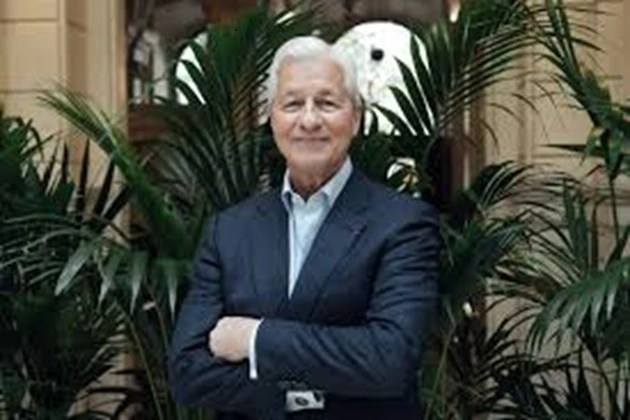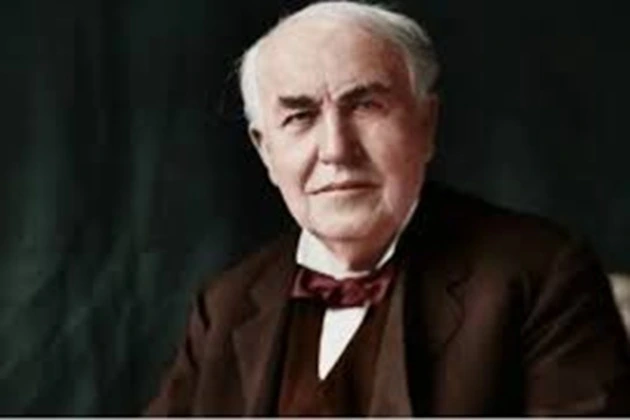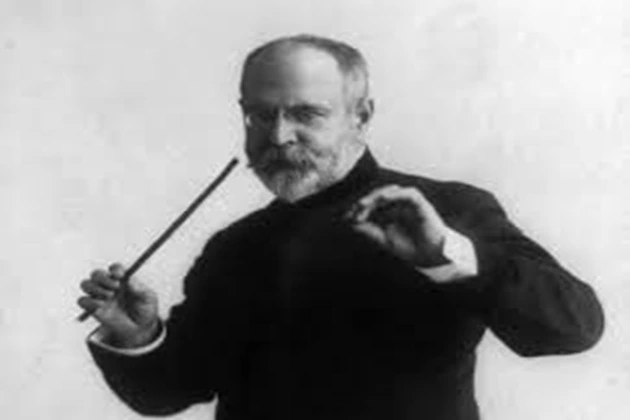Predictions of the near future that turned out to be as incorrect as possible

You can find a considerable number of predictions from scientists or predictions from politicians that have not come close to coming true. Listening to some speeches, this or that person is not himself. On the other hand, you realize this is not a casual visitor to a pub but a truly respected member of society. The paradox ceases to exist if you remember the realities of the era when those people lived. The idea of the future is always based on the processes taking place in the present and the cultural environment in which the “predictor” lives.
The steel world

Thomas Edison is primarily known as the man who invented the light bulb and is rightfully considered one of the most outstanding Americans. However, even such seemingly brilliant people can be mistaken. The clearest example of this is an interview on the radio station Miami Metropolis in 1911. The presenter asked the inventor to give predictions for a hundred years ahead. Edison replied that we would soon live in a world of steel.
According to Thomas Edison’s ideas, a 20th-century house from basement to attic will be furnished with steel products that will become much cheaper and lighter. He talked about the usual things like chairs, beds, and cupboards. The mother rocks the baby in a steel cradle, and the father, tired after work, sits in a steel rocking chair. Wood, on the other hand, should be removed entirely from the list of building materials.
Even books, Edison said, would be composed of nickel, and their pages would be even thinner than the paper we currently use. This forecast seems absurd today, but it’s important to remember the atmosphere of the time. No “white spots” can be found globally; man has essentially taken over the earth. Giants of steel sprint along rails and span oceans. Initial efforts are underway to seize control of the air. In the early 1900s, steel, coal, and gunpowder were commonplace—consequently, the pertinent forecasts.
Amazons are all around

In 1950, Dorothy Rowe of the Associated Press predicted that by the early 2000s, the average height of women worldwide would reach 180 centimeters. The journalist pointed to the awakening of women’s self-awareness. In the post-war years, women’s roles increased, and many movements for equality and rights arose. Something previously unthinkable, such as an equal salary with a man or a female politician, became the norm.
Medicine was developing rapidly, and consumption volumes were also increasing. All this was supposed to make a woman beautiful and strong—a modern Amazon. The diet’s carefully adjusted ratio of vitamins, proteins, and minerals eliminates all excess fat, creating an ideal figure. Over the past 70 years, women have become a little taller, although the same is true for men.
Notably, the process is associated with better nutrition and clean water, which is especially important during pregnancy. Visit. A F R I N I K. C O M .For the full article. On the other hand, Dorothy Rowe had a vague idea of life outside the United States or Europe. Even today, about one billion people cannot access essential benefits like drinking water, electricity, medicine, and enough food. Currently, the average height of women in the world is 158.6 centimeters.
Death of music

John Philip Sousa was a famous American composer of the late 19th and early 20th centuries. In 1906, he made a stunning prediction: music was on the verge of death. According to John, the main threat comes from mechanical devices capable of reproducing sounds. Gramophones were becoming increasingly accessible, so you no longer had to go to a concert to listen to your favorite tune.
The synthesizer was an even more diabolical invention—just one small object that could replace a dozen fundamental tools. John Philip Sousa was convinced that authentic (i.e., classical) music would not survive this. The musician believed that people who wanted to study complex art would disappear first. Accordingly, if the demand disappears, the supply will disappear.
In a matter of decades, there will be no masters left in the world who can impart their knowledge. Still, anyone without experience or education can press keys, extracting unique melodies from synthesizers. On the one hand, the prediction did not come true, but on the other hand, many more people are engaged in music now, which is why the overall or average quality is falling.
Electricity is not needed

The famous entrepreneur and banker John Pierpont Morgan hired Thomas Edison to conduct electricity in his mansion. Thus, J. P. Morgan became the first New Yorker to have light bulbs at home. Some were jealous because now the wealthiest man in the city could do anything, regardless of the time of day.
However, some skeptics consider electricity to be child’s play that will soon go out of fashion. Junius Morgan, the father of one of the wealthiest Americans, shared this opinion. Electrifying even one house in those years cost incredible money, so only large entrepreneurs could afford such a thing. After finishing his work and checking the devices’ serviceability, Thomas Edison left the Morgan house.
At the exact moment, Morgan Sr. attacked his son with criticism. After all, the money spent on incomprehensible fun could be invested. John Morgan listened to his father’s words and invested a large sum in Edison’s company. Today, this corporation is called General Electric and is one of the largest machinery manufacturers.
Catastrophic immortality

Strictly speaking, Frederick Edwin Smith’s predictions did not mention immortality, but the British politician reflected on the future success of medicine, expecting that the average life expectancy would rise to 150 years at the beginning of the 21st century. To be precise, the date was called 2030. Thus, the forecast still has a chance of being implemented. Suddenly, aliens will arrive and give excellent technology, or the “World Government” will decide to release secret pills on the market. Smith himself saw such a life extension as a huge problem.
In a few generations, many more people will generate super-intense competition for jobs and resources. How can a very young 20-year-old graduate compete with a 100-year-old man in his prime? The latter has almost a century of experience behind him. The prediction may not have come true, but life expectancy constantly increases. It turns out that sooner or later, humanity will face this problem. There is still no answer to Smith’s question.




